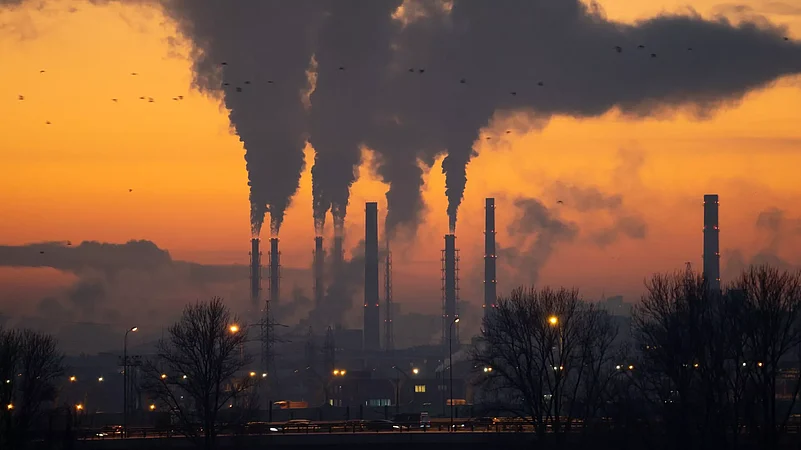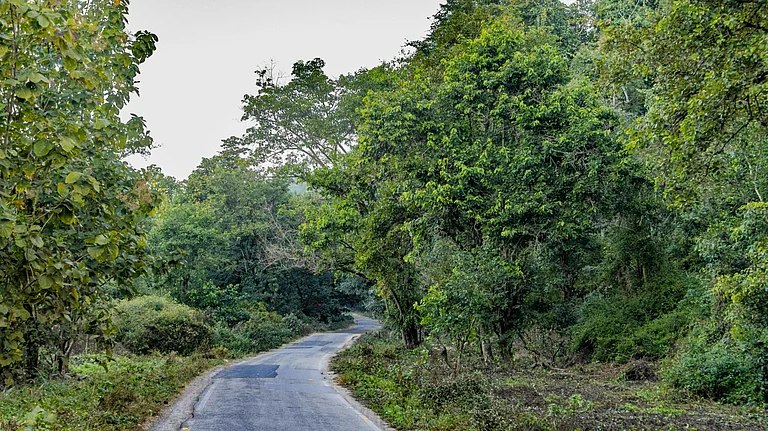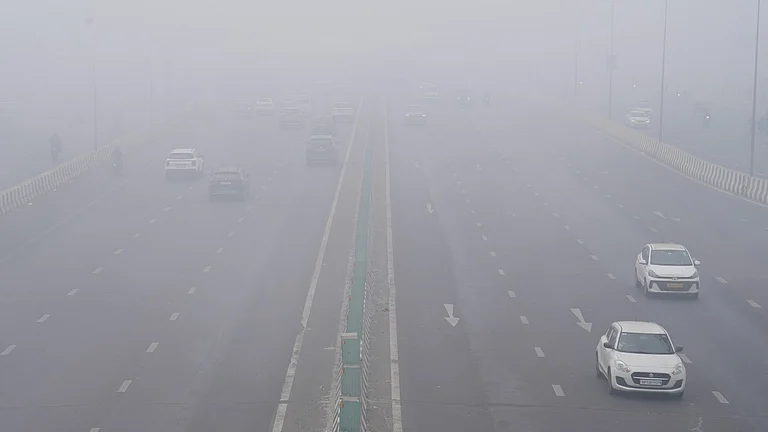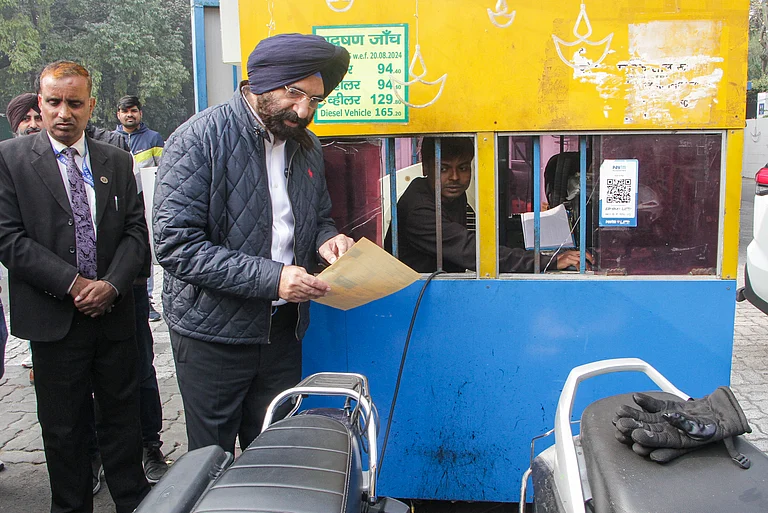
Environment ministry mandates 75% fund utilization by NCAP cities to qualify for FY 2025–26 allocations.
Since launch in 2019, ₹13,236.8 crore disbursed to 130 cities
NCAP targets 40% reduction in particulate pollution by 2026, with 2019–20 as base year.
82 cities receive direct funding from the environment ministry; 48 cities/urban agglomerations funded via 15th Finance Commission.
The environment ministry has made it mandatory for cities covered under the National Clean Air Programme (NCAP) to utilize at least 75% of the funds disbursed so far in order to access allocations for the financial year 2025-26.
At a meeting held on August 29, the monitoring committee overseeing the programme's implementation noted that of the total ₹13,236.80 crore disbursed to 130 cities under NCAP, ₹769.83 crore (74%) has been utilized.
Launched in 2019, NCAP is India's first national initiative to set clean air targets, aiming for a 40% reduction in particulate pollution by 2026, using 2019–20 as the base year.
Of the cities covered under NCAP, 82 receive direct funding from the Union environment ministry, while 48 cities and urban agglomerations with populations exceeding one million are funded through the 15th Finance Commission.
According to government data, 65 cities have utilized more than 50% but less than 75% of the funds received.
Thirteen cities have spent more than 25% but less than 50% of the allocated funds.
Delhi has utilized only ₹14.10 crore (around 20%) of the ₹71.69 crore received from the environment ministry so far.
The national capital also receives funding through the 15th Finance Commission.
Noida in Uttar Pradesh has used just ₹7.07 crore (around 13%) of the ₹55.70 crore received so far.
Cities with poor pollution control fund utilization record include Jalandhar in Punjab, Ujjain in Madhya Pradesh, Srinagar in Jammu and Kashmir, Gaya in Bihar and Gulbarga in Karnataka.
































